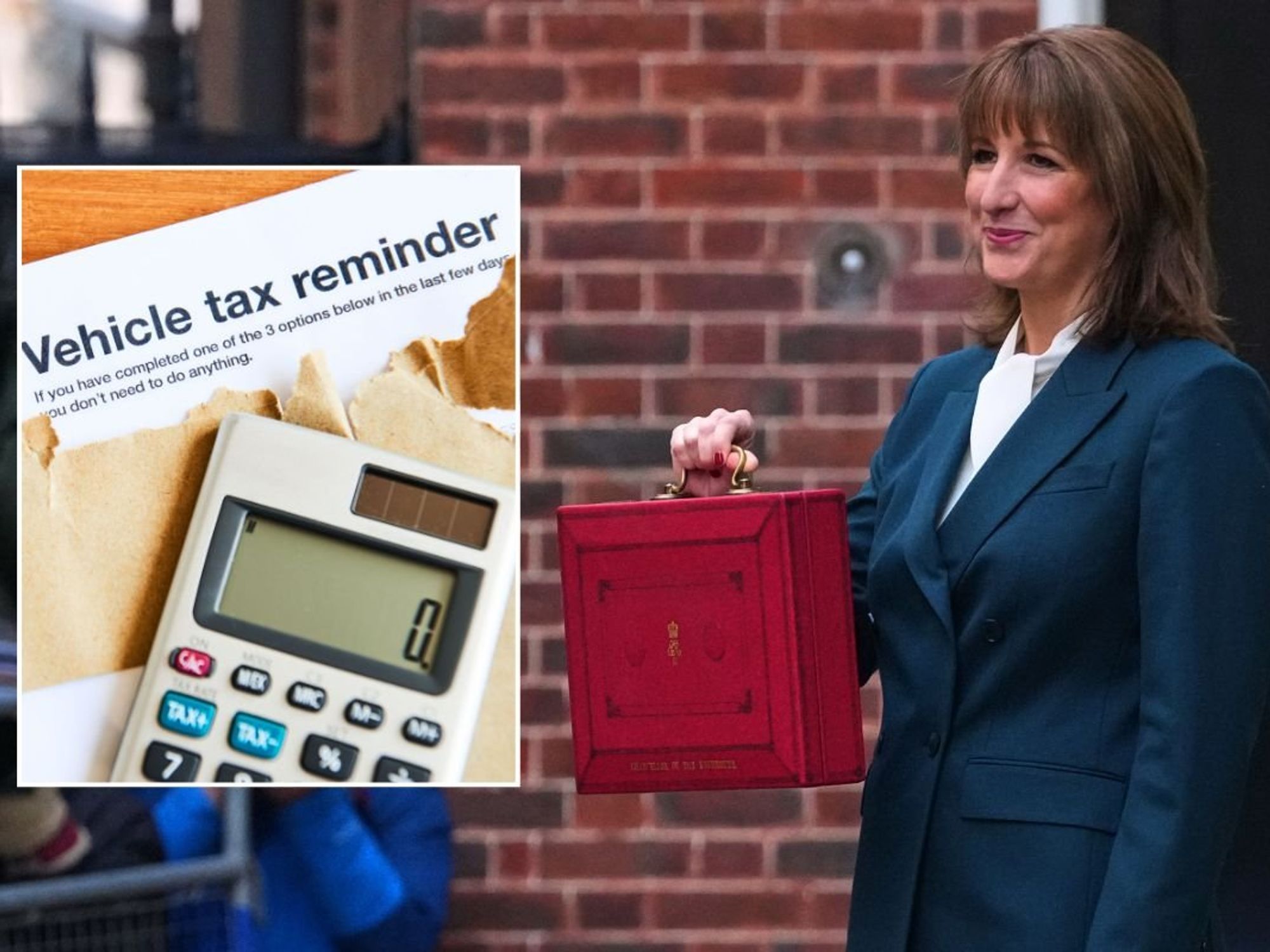Britain is fighting for its very survival and the greatest threat can be found in our homes - Rael Braverman
OPINION: The British family is in peril and we must act now
Don't Miss
Most Read
Since the birth of civilisation, the concept of ‘The Family’ has been pivotal to social cohesion, the development of community, the bedrock of a modern state and the health of its nation.
If it is that critical, which it is, we should be paying the closest attention to any signs of its demise. Without being melodramatic, the British family unit is at a serious inflexion point and its collapse would devastate birth rates, ultimately culminating in the end of Britain as we know it.
Having weathered decades of cultural shifts, policy decisions and economic transformations, we have chipped away at the traditional family. Each step creates seemingly harmless micro tremors. But on this ‘fault line of life’, the strength of these tremors is growing and we would be wise to take note.
Technology has fundamentally disrupted family bonds, shifting from the collective 'us' to the individual 'me.' From restaurants littered with phone-absorbed families to iPad-pacified children, these are just a couple of examples of the erosion of genuine connection.
The cost is stark: among the youth, one in five now struggle with mental health, while childhood depression and suicide rates reach historic highs. Equally as alarming is the correlation between father absence and youth crime, with 76 per cent of young men incarcerated in England and Wales coming from fatherless homes.
With 42 per cent of marriages worryingly ending in divorce combined with falling birth rates, the UK faces critical demographic challenges. Our ageing, shrinking population threatens the workforce, tax base, healthcare system, and national defence. While immigration offers one solution, this presents significant cultural integration challenges.
We must have a rational debate about birth rates without accusations and hysterical screams of misogyny. Biology presents two unchangeable facts: only women can bear children, and the fertility window is time-limited. At age 40, women have just a five per cent chance of conception per menstrual cycle, with a 40 per cent chance of miscarriage - odds that worsen with each passing year. This raises challenging questions about prioritising childbearing over career advancement in women's prime reproductive years.

The British family is in peril and we must act now, writes Rael Braverman
|GB News/Getty Images
British journalist, author and podcaster Louise Perry has spent years expertly dissecting this issue arguing that modern feminism has often sidelined or devalued motherhood, promoting careers, ambitions and personal freedom over family life. She believes this cultural shift has led many women to delay or forego having children, sometimes resulting in involuntary childlessness.
Additionally, the feminist embrace of sexual liberation and individualism has disrupted traditional family structures. This has made stable relationships and child-rearing less obtainable for many women.
Collectively, this paints a clear picture that when family structures are weakened or destroyed and where cohesive families are not even being formed in the first place, the broader societal impact is devastating.
The UK's privatised childcare system ranks among Europe's costliest, consuming one-third of average household income, far exceeding Nordic and Western European nations with subsidised care. The annual cost of a child under two in a full-time nursery stands at an eye-watering £14,836. Hence, many couples are forced to choose between careers and parenthood due to a lack of government support common in other nations.
The housing crisis and soaring rents force young couples to delay or abandon family planning. Unable to transition from renting to ownership, many find stable homes out of reach. Without meaningful reforms to housing affordability and childcare support, declining birth rates will continue to threaten our nation's viability.
The UK's worst wage squeeze in two centuries, with real wages still below 2008 levels, has eliminated the single-income family model. Today's economic reality forces dual incomes or multiple jobs, sacrificing family time and increasing household stress.
We must address these challenges with a multi-faceted approach:
Policy Reforms for Families: Policies that truly support family life, such as tax incentives for married couples, measures to keep fathers involved and enhanced parental leave.
Cultural Reassessment: We should promote a cultural shift back towards valuing families, where education reflects British values of community and unity, rather than just individual success.
Economic Support: Tackle housing affordability for the young and wage stagnation to make starting family life feasible.
Setting Healthy Technological Boundaries: Encourage policies or cultural norms that limit children’s access to social media.
The revival of the British family is not just about culture, policy or economics; it is about restoring a sense of pride in family life and community.
If we do not act, we risk the erosion of not only our traditions but the very essence of what makes us British. Let's champion a society where family is not just popular but essential for our survival, which it is! How bad does it have to get before enough people say: “Enough is enough?”











